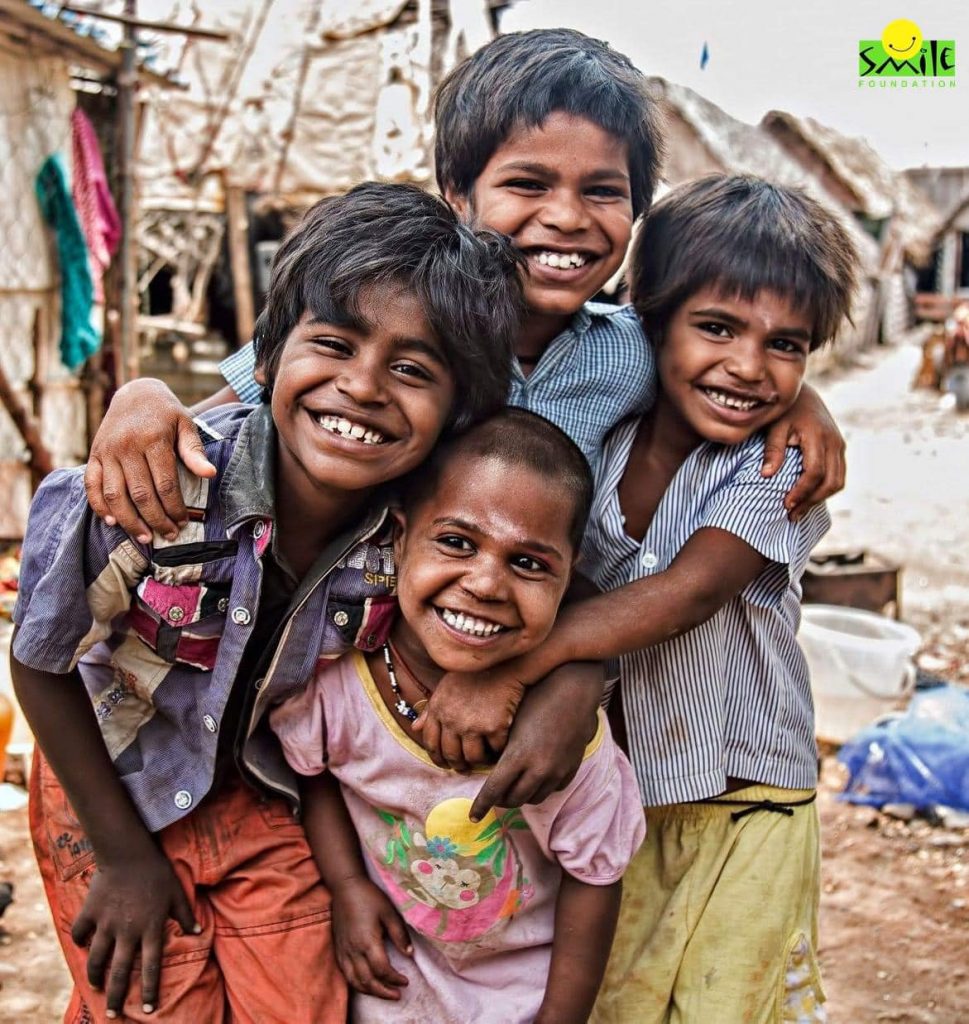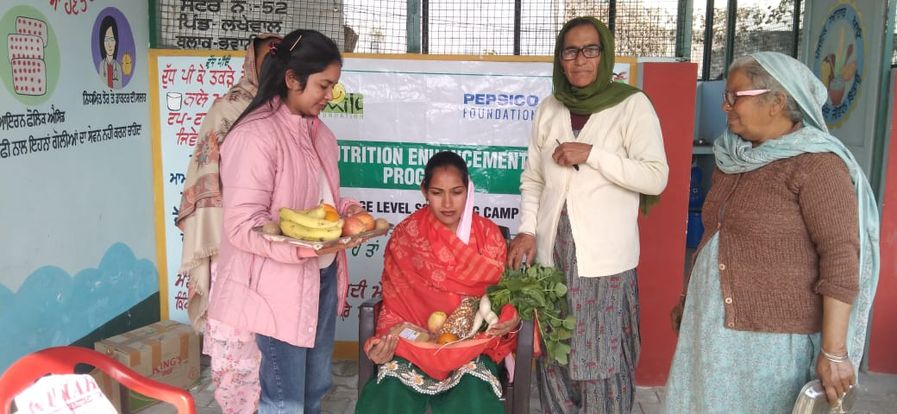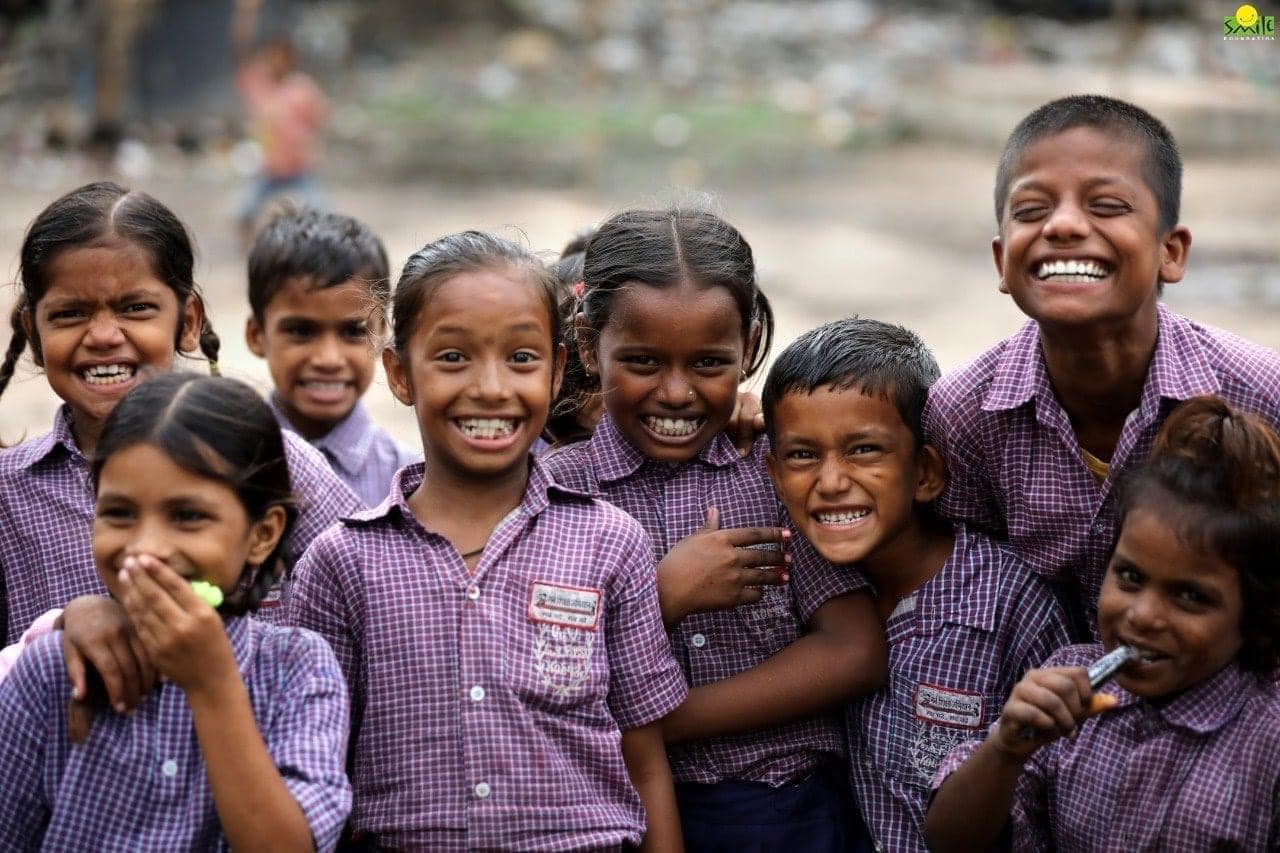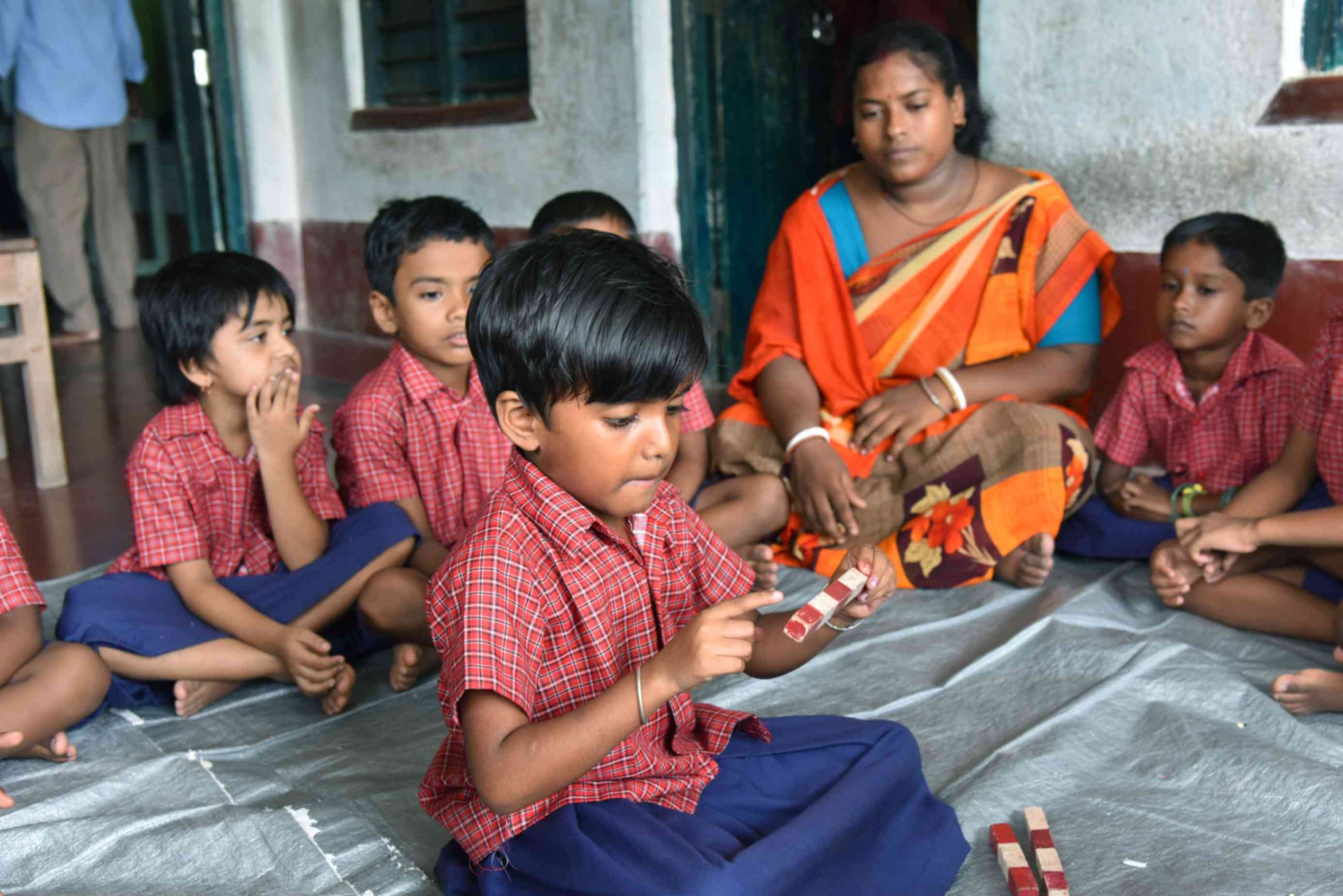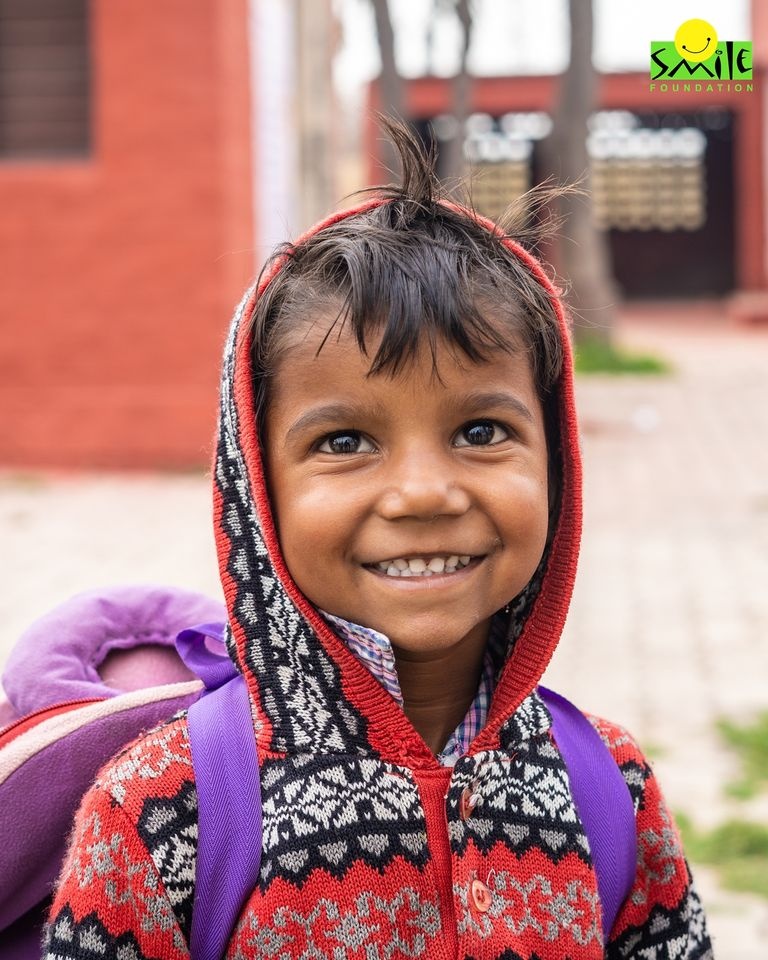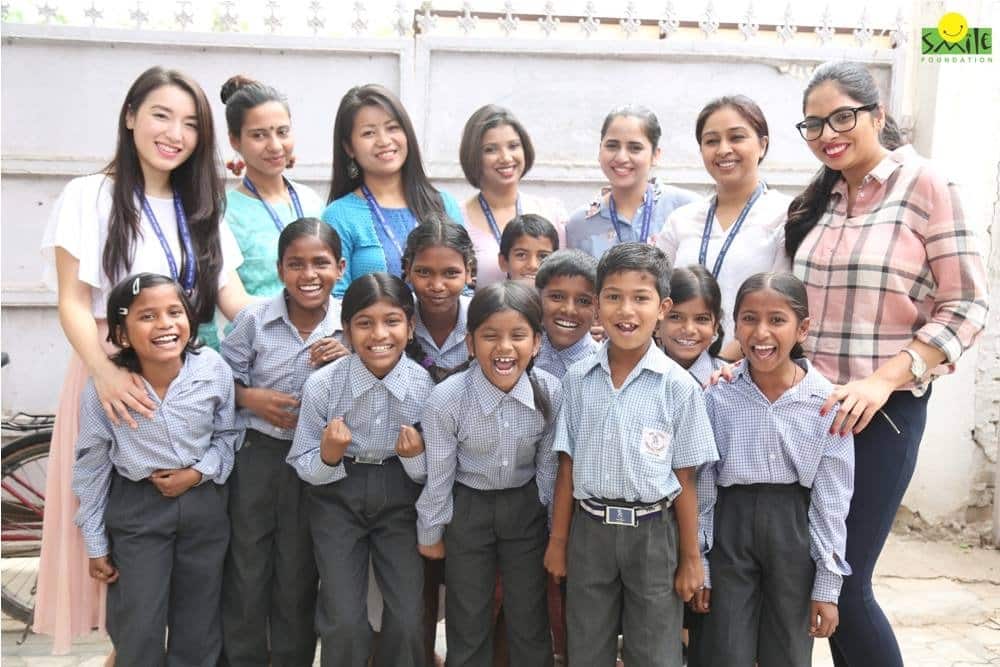Famed for her Instagram hashtag, #princessfromtheslum, 15-year-old Maleesha Kharwa’s journey from a Mumbai slum to the spotlight is nothing short of extraordinary. Her rise to fame began with a chance encounter that ignited a chain of events. From living by the water in a makeshift home to gracing the cover of magazines, her journey symbolizes resilience and hope. Despite newfound stardom, her commitment to education and a balanced life remains unwavering.
This is one of the rare success stories coming out of the slums of India but what about thousands of children whose faith have not bee that magical Slum children face many obstacles that hinder their development and prospects. Often overlooked and marginalized by society, it is important to recognize that these children require special attention and create a better future for themselves.
Let’s understand the numbers
The latest reports indicate that almost 65 million people in India are living in slums, and this number is continually rising. According to the National Institute of Health, approximately 7.8 million children, accounting for 6.07% of the population, live in urban slums.
Children in slums are 1.3 times more likely to suffer from diarrhea than those in non-slum areas. Around 300 million people in urban India are excluded from essential health services, safe drinking water, sanitation, education, and access to other essential services. Additionally, their births or deaths often go unregistered. Children living in these conditions are vulnerable to diseases and disasters.
Life in the slums is harsh and unforgiving. Children in these areas live in overcrowded and unsanitary conditions, lacking access to clean water, proper nutrition, and basic healthcare. Education is often a luxury they cannot afford, as they are forced to work from a young age to support their families. These communities are plagued by violence, substance abuse, and exploitation, exposing children to trauma and endangering their well-being.
Need for the right guidance and pathway
Despite the challenges they face, children living in slums have immense potential and resilience. With the right opportunities and support, they can overcome their circumstances and thrive. However, this requires a concerted effort from governments, development organizations, and society as a whole to address the unique needs of slum children and provide them with the resources they need to succeed.
One of the main reasons why slum children require special attention is the impact of poverty on their overall development. Poverty is a complex issue that affects every aspect of the life of a child, from their physical health to their cognitive development. Children living in poverty are more likely to suffer from malnutrition, stunted growth, and chronic illnesses, which can have long-term consequences on their well-being. Without access to quality healthcare and nutrition, these children are at a higher risk of mortality and morbidity.
Education: The key to a better life for slum children
Education, a fundamental right for every child, often fails to reach them due to a lack of resources and poverty. Survival becomes their first instinct, making it difficult for them to realize the importance of education. Slum life is tough, teaching people resilience and how to prioritize needs based on resources from childhood. In such a scenario, hope for a brighter future through education is rarely seen or realized. Moreover, without the right opportunities to learn and go to school, it is hard to say if they will ever be able to break out of the slum life.
Education is a critical factor that determines a child’s future. However, slum children often face barriers to accessing education, such as a lack of school infrastructure, insufficient teaching resources, and financial constraints. Many slum children are forced to drop out of school due to family responsibilities or economic pressures, perpetuating the cycle of poverty. Without education, these children are limited in their opportunities for personal growth and economic empowerment.
The environment around us matters
The growth of a child is often influenced by their environment and the people around them. During their formative years, the brain of a child undergoes significant development, and if they are raised in unsupportive environments, it can affect their approach to life, as well as their overall personality and behavior as they mature.
The social and emotional well-being of children living in slums is often overlooked but equally important. Growing up in environments marked by violence, crime, and substance abuse can profoundly impact the mental health and emotional stability of a child. Many slum children experience trauma and stress at a young age, which can affect their ability to form healthy relationships, manage their emotions, and cope with challenges.
How can we make it better for slum children?
To address these challenges, it is essential to implement holistic interventions that cater to the specific needs of slum children.
Providing access to quality healthcare services, nutritious food, safe housing, and clean water to ensure their physical well-being.
Education should be made accessible and affordable for all children, with programs that support their academic success and personal development.
Mental health support services should also be available to help children cope with trauma and build resilience.
Smile Foundation supports slum children through its various programs. By partnering with local communities, governments, and businesses, we create sustainable solutions that address the root causes of poverty and inequality. Through our initiatives such as education programs, vocational training, and healthcare clinics, slum children can receive the support they need to thrive and fulfill their potential. Smile is working on various initiatives such as merit-based scholarships, Mission Education Learning Centers, skill development and livelihood training programs, Project Manzil, and many more to give a new voice to these children and allow their talent and capability to flourish.
Special circumstances of course need special attention
The unique circumstances of slum children require tailored interventions that address their specific needs and empower them to break the cycle of poverty. By investing in the well-being and future of slum children, we not only improve their lives but also contribute to building a more just and equitable society for all. Let us give them the attention and support they deserve by making a small contribution here that will change their lives for the better.



